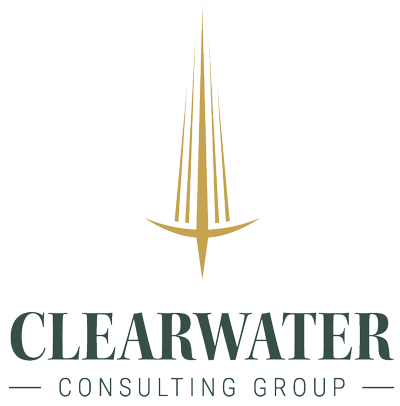How to Establish a Family Foundation?
Establishing a family foundation is a significant step for individuals who wish to leave a lasting legacy by supporting charitable, educational, or other public-benefit initiatives. This process requires careful planning and an understanding of the legal procedures involved. Below is a comprehensive step-by-step guide for those considering how to establish a family foundation in Poland.
Procedure for Establishing a Family Foundation
The process begins with a declaration of intent to establish a foundation, made before a notary public, who will draft the deed of incorporation—or, in the case of a will, a notarial deed. This document outlines the foundation’s objectives and operational rules. The next step involves contributing assets of at least PLN 100,000 (the legal minimum value). Afterwards, the foundation must be registered in the Family Foundations Register, maintained by the appropriate Regional Court.
The Founder
A family foundation can be established by a natural person with full legal capacity. This may be a single individual or a group of individuals acting together. Founders have a fundamental influence on the foundation’s purpose and operations and may also be among its beneficiaries.
The Beneficiary
A beneficiary of a family foundation can be either a natural person or a non-governmental organization operating for public benefit. Typically, the beneficiaries are members of the founder’s family, but third parties or other institutions designated by the founder may also qualify. It is up to the founder to define who will benefit from the foundation’s support.
Governance and Operation of the Foundation
A family foundation is managed by a board, which is responsible for its day-to-day operations. The board makes decisions regarding expenditures, launches initiatives, and represents the foundation externally. Additionally, a supervisory board may be appointed to oversee the foundation’s activities and make strategic decisions.
The day-to-day functioning of the foundation includes fulfilling its statutory goals, managing its assets, and undertaking initiatives to support its beneficiaries. The foundation’s income and property can be used to cover living expenses, education, healthcare, or other purposes aligned with its mission. Regular meetings of governing bodies, along with diligent financial and reporting documentation, are essential to ensuring transparency and the effective operation of the foundation.
The day-to-day functioning of the foundation includes fulfilling its statutory goals, managing its assets, and undertaking initiatives to support its beneficiaries. The foundation’s income and property can be used to cover living expenses, education, healthcare, or other purposes aligned with its mission. Regular meetings of governing bodies, along with diligent financial and reporting documentation, are essential to ensuring transparency and the effective operation of the foundation.
